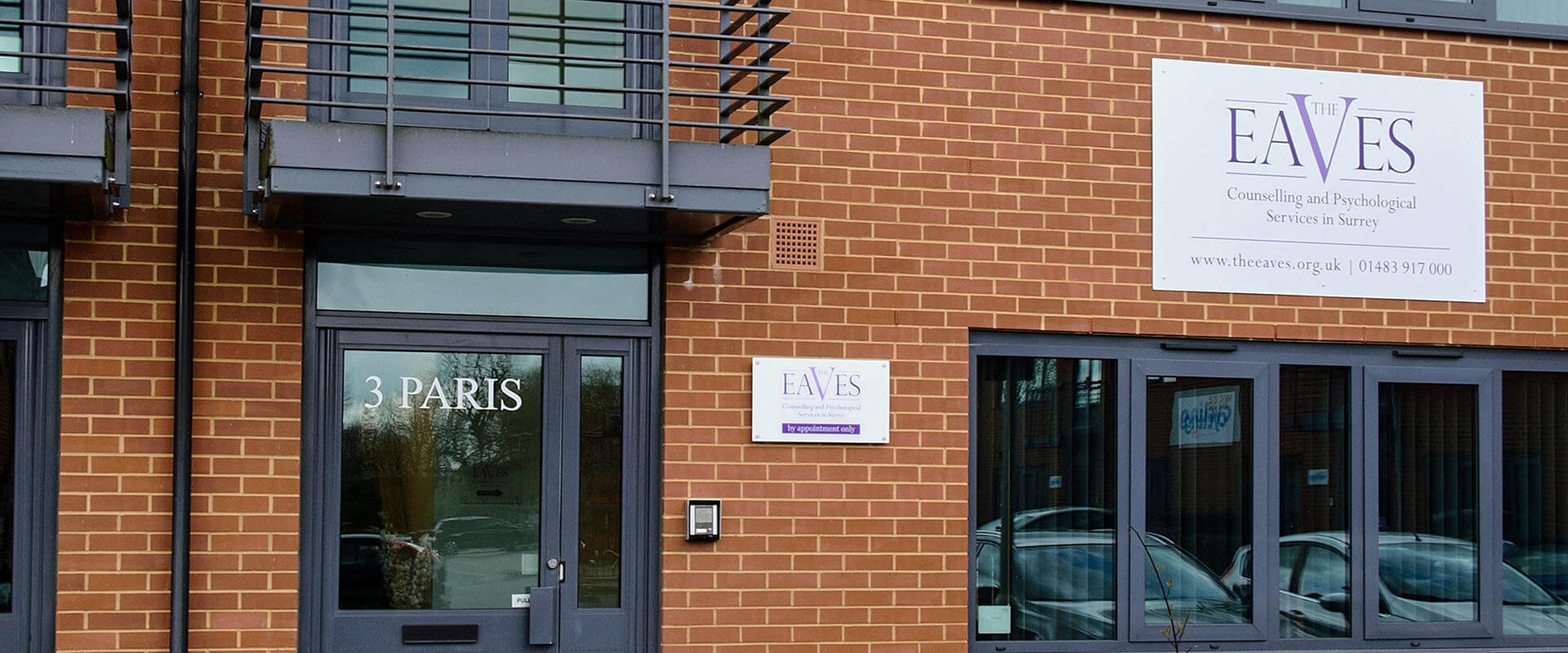By Nadia Hepburn, Counsellor at The Eaves
When hearing the news that someone you know has died, for many, there is an uneasy discomfort in knowing what to say and how to “be” with the friend who is bereaved. Thoughts of “What do I say when I see them?”, “What happens if I say the wrong thing?”, “Maybe they need space and I shouldn’t disturb them” are understandable reactions. However, these reactions tend to be connected to one’s own awkwardness around death. For those experiencing the indescribable pain that comes from losing a loved one, this unease is one that can cause extra distress.
Any fragile structure needs scaffolding to stop it from crumbling. The same applies to humans. Scaffolding in grief comes not only in the form of being practical by providing meals or doing the shopping, but also in bearing witness to the grief. But what does bearing witness mean?
In his book, A Grief Observed, C.S Lewis wrote of his own experience of grief saying, “There is a sort of invisible blanket between the world and me”. Those who are bereaved can feel removed, almost living a surreal existence. Their trust in the world as they knew it is shattered. The capacity to think past trying to breathe and put one foot in front of the other can barely exist and the pain they feel can be crushing. The intensity of it ebbs and flows but the fragility is palpable. Every internal resource they have is for themselves, not for helping others to figure out how to “be” with them.
The truth of it is that there are no words or actions that can fix the unfixable. It is about learning to sit with someone and listen. Listen over and over and over again, whether it be in the immediate aftermath or a year later or further down the line. Few words need to be said when a safe space is offered for someone to talk. If you want to ask the question “How are you?”, ask “how are you today?”. In bereavement, there is a storm of emotions that continually changes. One day is different to the next. Today, right in this moment, is what they know. Being more specific helps relieve the anxiety around the minefield that is “how am I?”. There may be anger, numbness, silence, tears, wailing, rawness that feels hard to see but there needs to be permission for it to be seen. If in that moment you can sit with compassion and empathy, bearing witness to immeasurable pain can allow someone to feel held. The reality for all of us is that, at some point, we too will need to be held.
If you are experiencing grief, or know someone who is, talking therapy can help by providing support in what can be a very lonely time. Our professionals at The Eaves see individuals of all ages, families, couples and young people 12 hours a day, Monday to Saturday between 9am and 9pm. Please call 01483 917000 or email info@theeaves.org.uk to speak to a member of the referrals team. You can also send us an enquiry via our website.
Resources
- You can read more about bereavement and loss on our website. Follow the link to find a suitable practitioner for you.
- The Good Grief Trust can provide support by putting you in touch with other bereaved people, so that you can share your experiences.
- The charity Cruse Bereavement Support can offer free advice tailored to your situation.
- Mind offer some more advice on how to help a loved one during their grieving process.














